With very heavy hearts, on June 16, 2023, the Board of Directors of GCE Lab School made the decision to close the school permanently.
Economic factors including donations, enrollment, tuition revenue, and operating costs created an unfortunate and untenable financial position. Under these circumstances and with funding options exhausted, the Board did not see a viable solution that would ensure all of our students receive a quality high school experience.
GCE was a special place that celebrated each student for who they are and helped each live into their best self. We have many stories of unbelievable transformation. We hope you all continue to carry the spark of curiosity, your belief that all voices matter in our pursuit of peace, and the knowledge that you have the power to help your communities and our world become a better place for all.
Records Requests
Students, families, and alumni seeking records can request them using the form linked below.
About GCE Lab School

Grades 9–12
7:1 Student to teacher ratio
86% of students receive tuition assistance
100% of graduates are accepted to best-fit colleges
participate in at least one internship while in high school
strategic field experiences with our corporate, nonprofit, and civic partners
feel prepared for college/postsecondary success vs. less than 50% of high school students nationwide
start their own business—while still in high school
of our students are accepted into college
EXPERIENCE LEARNING
Breaking down walls to
unite school with the world
Every day we ask ourselves, “if it’s not important in the world, why teach it?”
GCE Lab School’s inquiry and project-based model is grounded in integrated STEAM and Humanities curricula that inspires students to situate their learning in a real-world context. At GCE, achievement is not just defined by standardized test scores; it includes the values of accountability, purpose, autonomy, and gratitude.
The school’s model is based on a simple framework to guide teaching and learning.
Inspire
Inspire students to fall in love with learning and discover their purpose.
Prepare
Prepare them to think for themselves and care about others.
Connect
Connect students with the real world through their academic subjects.
Students learn core academics through engaging thematic STEAM and Humanities courses. Students grasp the relevance and practical value of what they are learning through hands-on activities, in a student-centered, blended learning environment, with an emphasis on peer-to-peer collaboration and educators as facilitators of learning.
